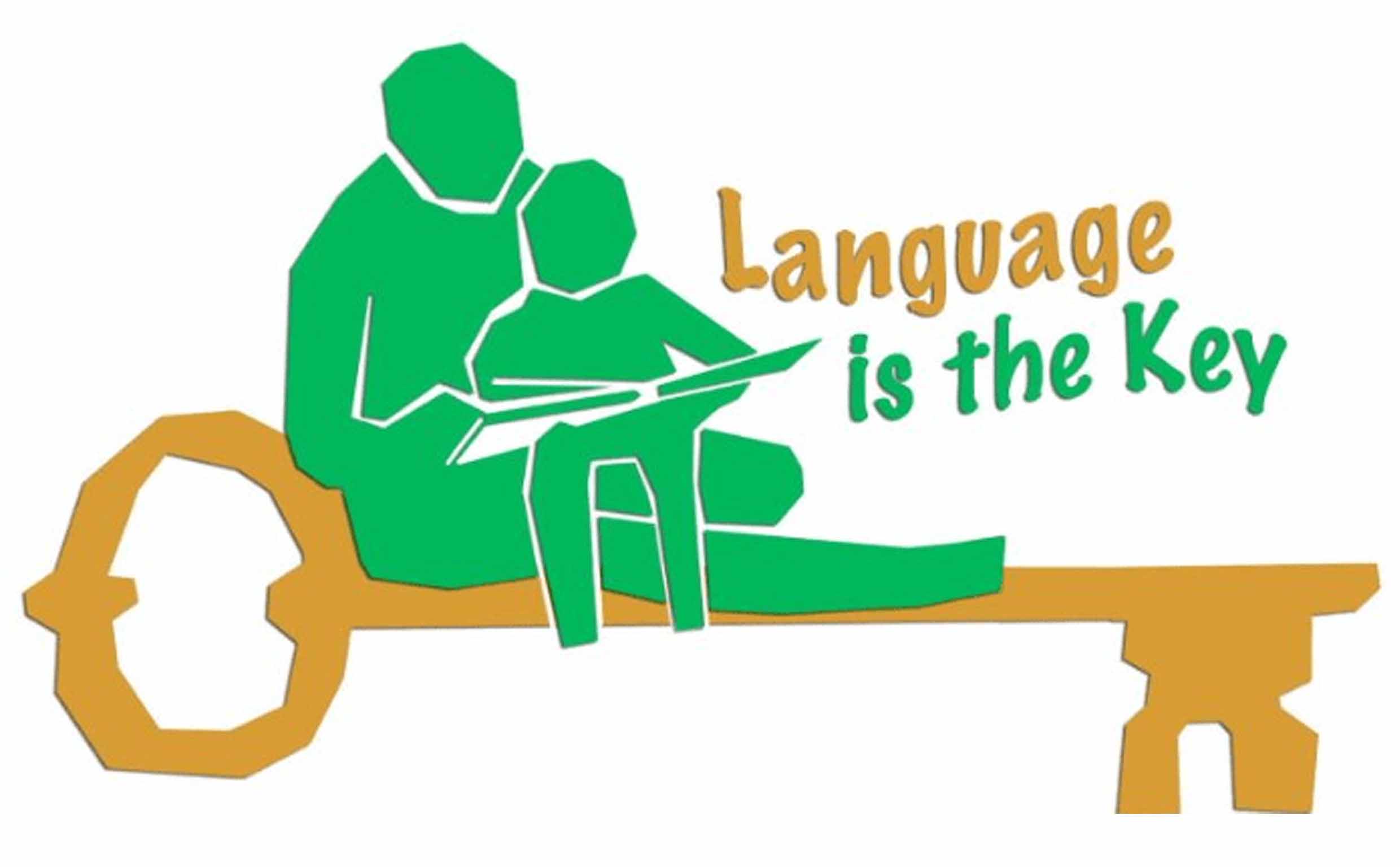IV. Contemporary Language Trends
Two trends are distinctly visible in the present day linguistic scenario – one, the diminishing usage, prestige and dominance of English and two, the rising importance of languages other than English in all domains of language use.
We have already seen above that in all the non-English speaking countries (except the Great India and her past sibling and present geo-cum-wisdom-neighbour Pakistan) where education was imparted in the English language, it is either phased out or is in the process of being phased out. Same is happening in other domains.
Around 2000, eighty per cent of internet content was in English; it has come down to below forty. Information now is available on the internet in tens of languages.
Coming to India, as per Microsoft, 95 per cent of commerce in India is in Indian languages and only 5 per cent in English.
The world has reached a linguistic state where you will be the last person to be offered a job by a company if you knew only English and didn’t know any other language. A recent article in a prestigious English magazine, The Economist, stated that Britain are at a great disadvantage because they knew only English. The citation below provides an evidence for the linguistic direction the world is moving into:
“ Not only do today’s workers need to be able to communicate both orally and in writing in languages other than English, but they must be able to do so with persons who have not shared their own social and cultural experiences. @ (Stephanie Bell Rose, The Goldman Sachs Foundation; Vishakha Desai, The Asia Society, www).
“As other countries create funding and policies that promote, and even help prioritize, the study of foreign languages, experts say U.S. students are falling behind and could suffer in the global marketplace. @ (Asia Society News, 2nd April, 2009, www).
“English loosing its monopolistic position….
“No single language will occupy the monopolistic position in the 21st century which English has – almost – achieved by the end of the 20th century.”
“It is thus clear that two trends will dominate the second wave of satellite broadcasting: other major world languages will increase their global reach and the larger providers will localise their services. Both trends indicate a more crowded and linguistically plural audio-visual landscape in 21st century.”
“The close association between English and information technology may prove a temporary phenomena….So whereas English speakers used to enjoy the best and latest technology, this is no longer so true.” @ (David Graddol. 2000 (1997).
In almost all of the schools in the developed world are trying to teach their students other languages along with the mother tongue, and these other languages are not merely English.
Things have gone so far that you can now find Chinese medium schools even in the USA in which 90 per cent of students come from non-Chinese language background. (Though this policy is very much wrong, yet, this speaks volumes about the rise of Chinese language in the world). The number of Chinese learners in the USA in 2007 were ten times more in comparison to 2000. (USA Today, 20th November, 2007)
“Panama is moving to make the teaching of Mandarin compulsory in all schools, in recognition of China’s growing importance in the world economy. @ BBC News (www) 6th December, 2007)
Even in the countries which speak English mainly, more and more people whose mother tongue is not English are abandoning the use of English. During the 1990 census in the USA, 31.8 million persons recorded that they did not use English at home. The number had grown to 47 million in the 2000 census. This increase in number is far higher than the increase in population of the respective language groups. The number of such Spanish population alone had risen by 60 per cent. From 1980 to 2011, the number of persons who did not use English at home had risen by 140 per cent in the USA, though the US population had increased only by 40 per cent during these years. This means that the number of people who had abandoned English at home had doubled in absolute terms during these years. The Indian elite (the rashTar swamis, sans information in this information age) have completely abandoned national self-respect, not English, and don’t miss to pay daily obeisance to English morn, noon, and night.
The following figures from Argentina are a good evidence to show how English is being pushed out of the media in the former English colonies: 49 per cent of Argentine media in 1983 was from outside the country. The figure for 1996 was 22 per cent.
Thus, there should be no doubt left that English is diminishing in all the domains where it had held a dominant position earlier.
With the advent of numerous language based technologies (internet, computer, mobile telephony, e-books etc.), the commercial prospects of native languages cannot be overstated.
We also need to weigh the educational, economic, commercial, and cultural losses that English language has caused us. A brief account of these is given in the section below.
Joga Singh, Ph.D. (York, U.K.), Mobile: +91-9915709582; E-mail: jogasinghvirk@yahoo.co



